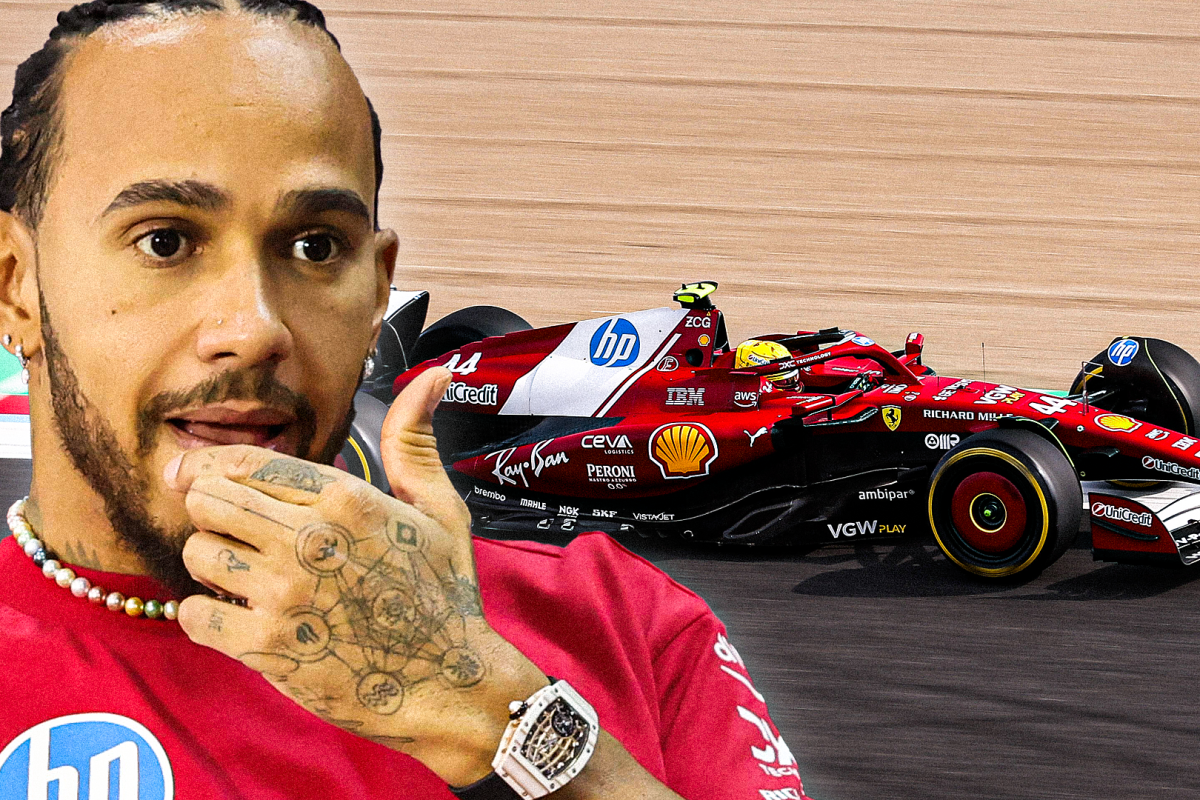Breaking news: F1’s Future Amid 2026 Rule Changes after…
Lewis Hamilton has raised serious concerns about the direction Formula 1 is heading as the sport prepares for major technical changes in 2026. The seven-time world champion believes that the proposed regulations could harm the quality of racing and potentially steer the sport away from what has made it successful and thrilling for decades.
The new rules set to take effect in 2026 will introduce a series of sweeping changes designed to make F1 more sustainable and energy-efficient. These include revamped power units featuring significantly more electric power—nearly a 300% increase—as well as a lighter chassis with cars expected to be around 30 kilograms lighter than current models. Additionally, the Drag Reduction System (DRS), currently used to improve overtaking opportunities, will be scrapped. In its place, a new Manual Override Mode will be implemented, giving drivers a boost of electrical power under certain conditions to facilitate overtaking.
While the FIA and Formula 1 leadership see these changes as essential to the sport’s future—particularly in terms of environmental sustainability and technological innovation—not everyone shares their optimism. Hamilton, who is preparing for a major switch to Ferrari for the 2025 season, has openly voiced his skepticism. He warned that the upcoming changes may compromise the sport’s core appeal: high-speed, competitive racing.
Hamilton pointed out that early feedback from teams and simulator data suggests the 2026 cars may be slower and more difficult to handle than their predecessors. Slower lap times and reduced on-track excitement could, in his view, alienate fans and reduce the thrill that F1 is known for. He emphasized the need for cars that are not only more sustainable but also quicker and more dynamic to drive.
“I don’t think we’re going in the right direction,” Hamilton remarked during a media briefing. “We need to make sure that the changes we introduce push the sport forward, not backward. If the cars become slower, heavier, and less fun to race, we could lose what makes F1 special.”
Adding to the drama, Hamilton was noticeably absent from a recent Ferrari announcement event, sparking speculation about the team’s internal dynamics ahead of his arrival next season. While Ferrari has not commented on the reasons for Hamilton’s absence, fans and pundits alike noted the curious omission given the buzz around his 2025 debut.
Hamilton’s upcoming move to Ferrari marks a pivotal point in his illustrious career, and he is expected to bring both experience and leadership to the Italian team. However, the looming regulation changes could pose an additional challenge, especially if Ferrari struggles to adapt as efficiently as rival teams.
In conclusion, Hamilton’s remarks serve as a warning to F1 leadership: as the sport evolves, preserving its essence—speed, competition, and spectacle—must remain a top priority. With 2026 fast approaching, all eyes will be on how the sport balances innovation with the expectations of drivers, teams, and fans.




